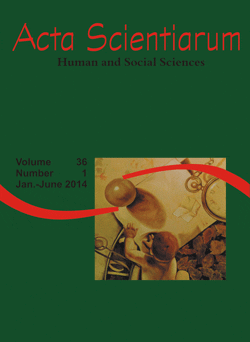<b>Stances of higher education in the 2000s: A discursive and critical analysis of documents by the World Bank
Abstract
Current paper problematizes the construction of World Bank’s guidelines as strategy production consensus on higher education in the first decade of the 2000, taking into consideration the increasingly significant relevance of multilateral organizations as ‘collective intellectual’ (PEREIRA, 2010). The analysis of two main documents, ‘Construir sociedades del conocimiento: nuevos retos para la educación terciária’ (2003) and ‘Learning for All: Investing in People’s Knowledge and Skills to Promote Development’ (2011) are given. The analysis comprises a critical perspective and employs the Critical Discourse Analysis (CDA) as its methodological tools, within the axes: (1) Globalization; (2) Knowledge Society; (3) Eradication of Poverty (4) Public vs. Private relationships; (5) Professional and Technical Education Teaching vs. Education for Technological Innovation. The documents show congruent points in a dual axis, or rather, for the development of state-of-the-art innovation and technology and to comply with the market´s localized demands. Education is consequently required to operate ideologically the contradictions to which capital (through its spokesmen, such as the WB) has no other alternative to offer, providing a solid core of globalization ideology.
Downloads
DECLARATION OF ORIGINALITY AND COPYRIGHTS
I Declare that current article is original and has not been submitted for publication, in part or in whole, to any other national or international journal.
The copyrights belong exclusively to the authors. Published content is licensed under Creative Commons Attribution 4.0 (CC BY 4.0) guidelines, which allows sharing (copy and distribution of the material in any medium or format) and adaptation (remix, transform, and build upon the material) for any purpose, even commercially, under the terms of attribution.
Read this link for further information on how to use CC BY 4.0 properly.
























